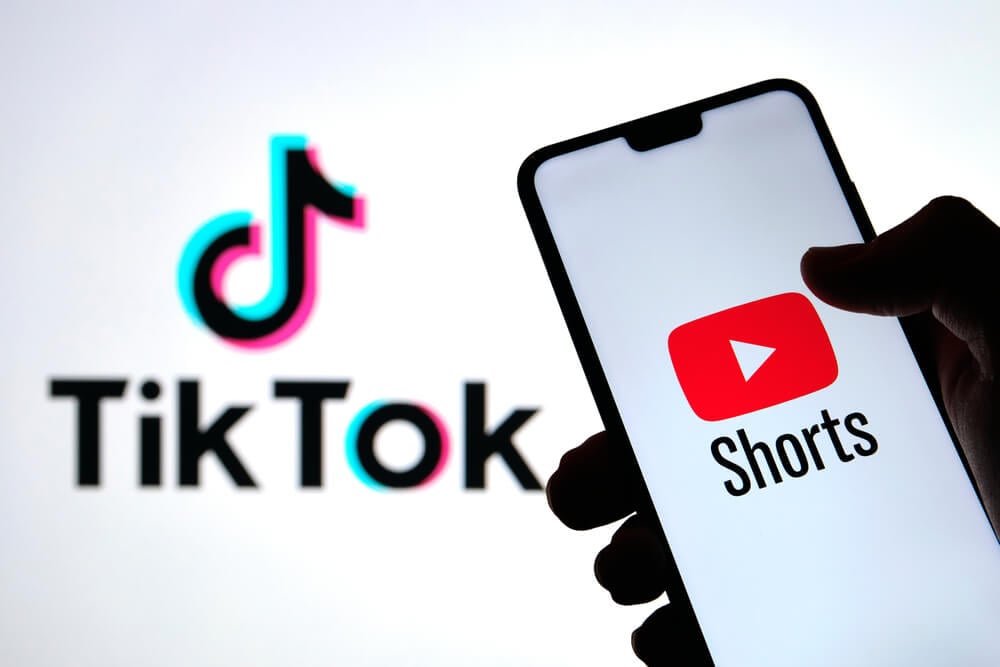How to Track ROI for Your Digital Marketing Efforts

Understanding how to track the return on investment (ROI) for your digital marketing efforts can be tricky. In fact, fewer than two-thirds of marketers actually share their digital marketing ROI with the rest of their team. However, it’s important to make sure you are spending money on the right efforts. Properly tracking and measuring your ROI is the only way you can know for sure if you are getting the most bang for your marketing buck. Read on to discover a few tips on how to track your digital marketing ROI.
Identify Your Goals
You first need to understand your marketing goals to accurately track your return on investment. Ask yourself these questions:
- Do I want people to visit my website?
- What do I want people to do on my website?
- What action do I need them to take?
- Do I need them to contact me or to buy something?
- What is my call-to-action?
The best way to establish your digital marketing ROI is to understand what you want your clients or customers to do. Then, you can target your digital marketing strategy to spur them into action. Without this clear picture, you could be shooting in the dark.
That's why you may benefit from aligning with a digital media partner. With the right partnership, you can not only identify your goals and generate more leads, but you can also take your company to the next level faster.
Know the Formula
Now that you have identified your goals, you need to know how to execute and achieve them. Thankfully, there is a formula for how to get there: [((number of leads x lead-to-customer rate x average sales price) - cost or ad spend) ÷ cost or ad spend] x 100.
Let’s break it down.
- Number of leads — the number of people converted to a lead
- Lead to customer rate — the percentage of leads that became a customer, or someone who bought your product at least once
- Average sales price — the average price of all products you sell
- Cost or ad spend — the total amount you spent on creating and promoting the marketing campaign
The last one can become a bit confusing because it encompasses more than simply the amount you spent on the marketing campaign. To properly account for the total cost of your digital marketing ROI, you also need to include the salary or hourly rate of the person or people who developed the campaign, produced and edited it, and possibly even those who interact with customers online.
Consider Key Metrics
Learning to target leads that are likely to become customers is not an easy task. As you fine tune your digital marketing strategy and focus on ROI, you will need to pay attention to several key metrics:
- Paid search
- Social media
- Programmatic display
- Video
Each of these key metrics should be managed and tracked individually. You want to know the amount you spend on each category and the ROI for each category so you can adequately understand their effectiveness.
Be conscious of the tendency to limit key metrics to just revenue or sales. Many times, you want to measure actions by your customers — the phone calls, website chats, form submissions. Each of these metrics can also help drive your ROI.
If you are not marketing on social media, you are missing out on a wealth of opportunity. Studies show that the average user spends 3 hours per day on social networks and messaging. Maybe your social media campaign is simply brand awareness. You want people to recognize your brand and contact you when they need your service. Or maybe your social media campaign includes paid ads to generate sales. Either way, you need to have clear expectations about what you want your potential customer to do in order to accurately track your digital marketing ROI.
Advanced Marketing Solutions for Your Business
Digital marketing can create challenges for businesses and many simply shoot in the dark. When you align with a digital media partner, you can get valuable guidance to not only define your goals but to also help you accurately track your ROI so you understand where to spend more of your digital marketing dollars.
With clearly defined targets, you will not only create an exceptional customer experience, you will ultimately scale your business. The better understanding you have of all the metrics, the better you will be able to track the ROI of your digital marketing efforts.
Related Posts
Unveiling the Secrets: CoxNext Experts Answer 5 Vital Questions on Enrollment Marketing!
May 24th, 202323 Retargeting Statistics You Need to Know
April 26th, 2023Why Partner With Multiple Agencies When One Is All You Need?
April 20th, 202310 Key Tips for Using Video Shorts in Social Media Marketing
April 12th, 20238 Reasons to Use Video Shorts in Marketing
April 5th, 2023What is a White Labeling Service and Why Should You Consider It?
March 29th, 2023What is the Future of TV Advertising?
March 22nd, 2023Marketing Solutions for Every Step of the Buyers’ Journey
March 13th, 20237 Ways to Know Your Marketing Isn’t Working
February 28th, 2023Categories
- Marketing Strategy (90)
- Digital Advertising (47)
- Digital Marketing (28)
- Content Marketing (17)
- OTT (16)
- ROI (13)
- Content Creative (12)
- Agency Partnerships (11)
- Social (10)
- Video (8)
- COVID-19 (7)
- Advanced Data (6)
- Research (6)
- Technology (6)
- Cox Enterprises News (5)
- Generational Marketing (5)
- Industry: Travel (5)
- Industry: eCommerce (5)
- Advertising Budget (4)
- Industry: Higher Education (4)
- Social Media Marketing (4)
- E-commerce (3)
- Podcasts (3)
- Recruitment Marketing (3)
- Search (3)
- Social Media (3)
- Branding (2)
- Inclusive Marketing (2)
- Industry: Cannabis (2)
- Industry: Home Improvement (2)
- marketing budget (2)
- CoxNext News (1)
- Industry - Automotive (1)
- Industry: Healthcare (1)
- Influencer Marketing (1)
- Podcast Advertising (1)
- Privacy (1)
- working with an agency (1)









.jpg)
.jpg)
%20(1).jpg)
